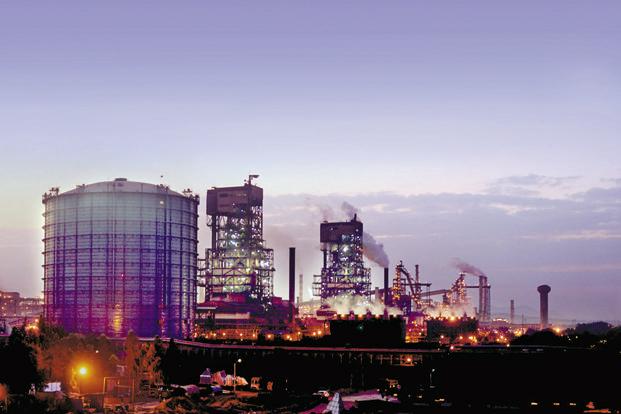- Steel Industry Capable of Revamping Economy if Properly Harnessed
A member of the House of Representatives, Emmanuel Egwu (APC-Kogi), has called on the Federal Government to revamp Ajaokuta Steel Company Limited (ASCL) in Kogi state.
According to the lawmaker, revamping the company would help in the diversification of the nation’s economy and reduce the country’s over dependence on oil.
He explained that the steel plant in Ajaokuta was designed to be the driving force of Nigeria’s technological advancement.According to Egwu, the need to revamp the nation’s steel sector is now more compelling than ever before as the global oil price continues to drop.
“However, since its inauguration in 1983, the company has been embroiled in managerial ineptitude and controversies. Obsolete machines like outdated blast furnace model are also challenges plaguing the establishment,” he noted.
He further said that in spite of its initial completion, the plant had suffered years of neglect under successive administrations.“Kogi State is endowed with a lot of human resources, but unfortunately have not been able to metamorphose into infrastructural development, which is a serious concern to many. The state is faced with several abandoned federal projects which call for urgent attention.
“Most significant is that of the iron and steel Industry that would have been a hub for development in Africa. The iron ore industry that is supposed to be at Itakpe has not been maximally explored which is not of good Interest for Nigeria and even the international community,” he said.
He added that not much had been done about Iron and steel industry, therefore called on the federal government to intensify efforts at revamping the Iron and steel industry in the country.
He however expressed confidence that if the steel sector is given further attention, it would boost rapid infrastructural development in Nigeria, Africa and would also meet the international needs of the industrialised nations.
“We are talking about diversification to mineral resources. The first significant step should be Iron Ore. At the international level, there is no way you can go into development without iron.
“It is the need of every country, so I think it is another area that the country should have diverted to with significant attention that would boost the economy of the country,” he said.
On efforts made to address the issue on the floor of the House, Egwu said that motions on Iron and steel industry had been raised severally.
Egwu added that the state government’s delegation would be meeting with President Muhammadu Buhari soon on how to address the matter.“We are thinking of how to foster a consolidated forum that will meet with Mr President but of course, I think we would need the governor of the state who has to be a major stakeholder in that delegation.
“I think when that is resolved, we would move to the president to seek for his attention on this noble industry that has been abandoned for many years. When we meet with the President, one of our demands would be on the need for industrialisation of the Iron and steel, another is to see how we can boost the agricultural terrain in Kogi,” he said.

 Forex3 weeks ago
Forex3 weeks ago



 Naira2 weeks ago
Naira2 weeks ago
 Billionaire Watch2 weeks ago
Billionaire Watch2 weeks ago




 Naira2 weeks ago
Naira2 weeks ago




 Naira2 weeks ago
Naira2 weeks ago






 Naira4 weeks ago
Naira4 weeks ago


 Naira1 week ago
Naira1 week ago






 Naira4 weeks ago
Naira4 weeks ago






















